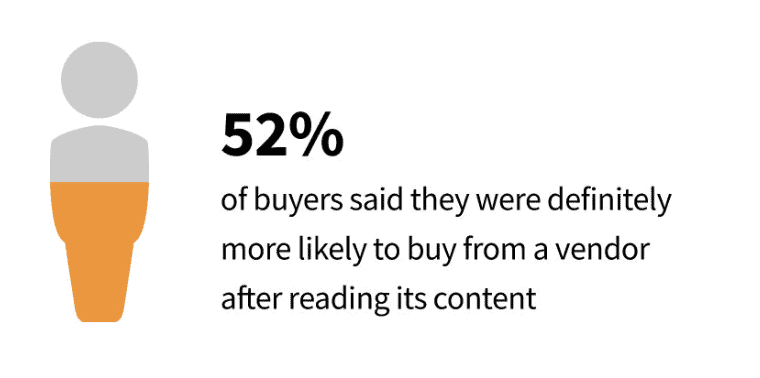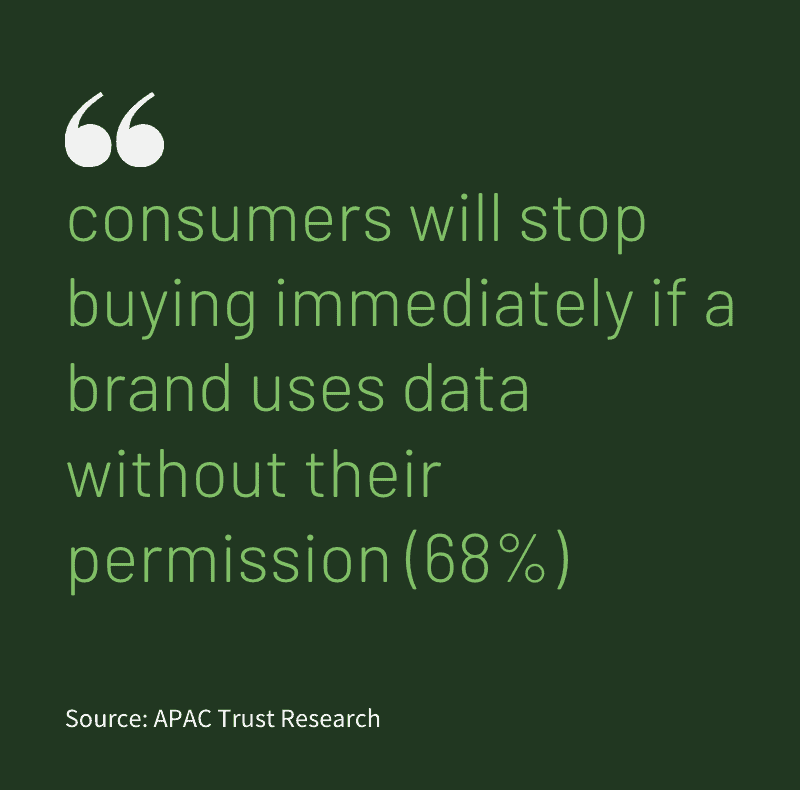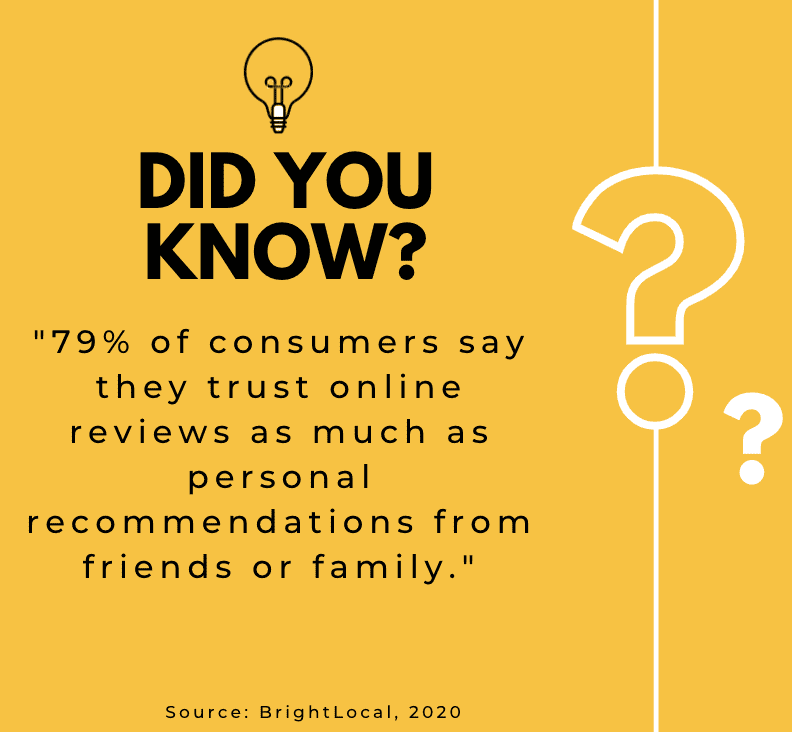Social media has developed into a potent tool for modern businesses to advertise their goods and services. With the number of social media user identities hitting 4.80 billion in April 2023, it’s not hard to see why marketers consider it an effective marketing channel.

Image sourced from Smart Insights
Great advertising opportunities do, however, come with significant responsibility.
You must be aware of the rules that govern social media advertising if you want to avoid legal trouble. If you fail to follow these guidelines, you can face legal consequences and sabotage the reputation of your brand.
We’ll examine the key legal rules to follow while advertising on social media. You can confidently operate in the modern digital environment by complying with these guidelines. This guarantees that your marketing activities remain legal, ethical, and efficient.
Note: This post is for informational purposes only and you should always check with a professional for any legal aspects of your business.
What is Social Media Law?
With today’s consumers spread across various platforms, omnichannel advertising has become a valuable tactic for businesses. By promoting your products across different channels, you increase your chances of reaching customers and securing sales. But before you begin leveraging paid posts, you must understand the legal regulations for each channel – and that includes social media law.
Social media law addresses legal issues related to social media platforms. It covers privacy, defamation, intellectual property, advertising laws, and more.
Understanding and following social media law is crucial to avoiding legal issues and protecting your brand and audience. This is becoming more crucial as businesses increasingly use social media for marketing and communication. Businesses generally use lawyers or use a virtual law office to ensure compliance with relevant social media regulations.
One of the key aspects of social media law is ensuring compliance with advertising regulations. Various regulatory organizations enforce these advertising laws on social media. These regulatory agencies protect consumers from deceptive advertising by ensuring transparency, fairness, and honesty.
Social media law also covers issues related to user-generated content. You must comply with copyright and trademark laws when reposting social media content. Intellectual property infringement can result in legal action.
Additionally, social media law addresses concerns surrounding privacy rights. You must consider the user’s privacy when collecting, storing, and using social media data. In accordance with laws such as the General Data Protection Regulation (GDPR) of the European Union (EU), businesses have a responsibility toward their clients to protect the customers’ personal information and to only use it for reasons that are considered to be legitimate.
When engaging in social media advertising campaigns, collaborations with influencers, or partnerships with third-party service providers, companies often share sensitive business information or options trade alerts secret. To protect this confidential information, businesses commonly use Non-Disclosure Agreements (NDAs).
An NDA is a legally binding contract that ensures the parties involved keep confidential information confidential and refrain from disclosing it to unauthorized individuals or using it for purposes other than the agreed-upon collaboration.
Overall, social media law is a dynamic and rapidly evolving field that requires businesses to stay informed about legal requirements and best practices. By understanding and adhering to advertising guidelines, you can navigate the digital landscape responsibly, mitigate legal risks, and build strong customer relationships.
However, advertising guidelines aren’t the only thing to consider when developing a social media advertising campaign. You must also understand broader legal requirements such as data privacy and intellectual property rights and be able to understand SOX compliance (What is SOX compliance?) to ensure that you are conducting ethical practices.
Key Digital Media Laws
Social media laws evolve and change with the needs of the modern market. However, there are certain key laws that have remained relevant. They include:
- The Stored Communications Act (SCA) restricts access to private data.
- The Communications Decency Act controls the distribution of offensive material online.
- The Electronic Communications Privacy Act (ECPA) regulates all oral, wired, or electronic communication.
- Anti-SLAPP regulations help preserve First Amendment rights (freedom of speech).
- The Federal Trade Commission (FTC) Act governs trade policies.
- The Lanham Act regulates service marks and trademarks.
- The Digital Millennium Copyright Act restricts service providers’ liability, while the Copyright Act establishes authors’ exclusive rights to their works.
Laws to Consider When Advertising on Social Media

Free to use image sourced from Unsplash
The following are some of the key legal rules to consider when planning your social media advertising campaign:
Intellectual Property Rights
For the purpose of protecting their original thoughts and ideas, people are entitled to intellectual property rights. Usually, the author has exclusive access to their creation for a defined period. Here are two vital aspects of protecting intellectual property:
Copyright Infringement
As a marketer, you should never use the concepts or works of another individual without first obtaining their permission. Copyright law protects written content, videos, music, and images. Following these rules can help you avoid copyright violations when using social media:
a) Obtain Proper Rights or Licenses: Ensure that you have the proper rights or licenses before posting anything that contains copyrighted material on social media. This could mean requesting permission from the copyright owner before using a branded video production. It could also mean purchasing stock photos or music licenses, or using content under appropriate Creative Commons licenses.
b) Fair Use: Study the concept of fair use, which permits the restricted use of copyrighted material for things like commentary, criticism, or news reporting. However, the laws regarding fair use are different in each jurisdiction; therefore, it is essential to be familiar with the laws applicable in your area.
c) Produce Original Content: Always use original material that is produced in-house. Sharing original content helps you to reduce the risk of copyright infringement. It also defines your brand’s unique identity and increases your chances of making a sale. About 52% of buyers consider brand content when making their purchase decisions.

Image sourced from 1827 Marketing
Trademark Infringement
Products and services can be traced back to their original source thanks to trademarks, which are granted legal protection. Unauthorized use of another company’s trademarks on social media can lead to legal disputes.
Best practices to avoid trademark infringement:
a) Research and Clearance: Before using trademarks on social media, check for conflicts with existing trademarks. This could mean searching trademark databases or utilizing top case management software for legal research and compliance.
b) Differentiate Your Brand: Create unique brand identifiers that set your business apart from competitors and reduce the likelihood of trademark infringements.
c) Use Trademarks as Descriptors: Avoid using trademarks generically or as a substitute for your brand name. This helps avoid claims of trademark infringement.
d) Get Permission: If you want to use another company’s trademark in your social media content, get permission, especially if it goes beyond fair use or commentary.
You can avoid legal issues, protect your brand’s reputation, and promote ethical social media advertising by following copyright and trademark laws.
Advertising Regulations
Compliance with advertising regulations is crucial when using social media platforms. Here’s a closer look at two important aspects: disclosure requirements and false or misleading claims.
Disclosure Requirements
In social media advertising, many jurisdictions require clear disclosure of financial payments or endorsements. These requirements ensure transparency and help consumers make informed decisions.
Use these tips to offer full disclosure:
a) Sponsored Content: Make sure that your viewers can easily differentiate between ads or sponsored content and regular posts.
b) Affiliate Links: If you use affiliate links in your social media posts, you must inform your audience that there is a possibility that you will be compensated for directing them to the original content.
c) Endorsements: If you use celebrity, influencer, or satisfied customer endorsements, disclose any financial payments or incentives they received. Clearly state if they have been paid or provided with free products or services.
False or Misleading Claims
Honesty and integrity are essential in social media advertising. If your company makes claims about the quality of its goods or services that are untrue or overstated, you run the risk of getting in trouble with the law and damaging your reputation among customers.
Here are some tips to consider:
a) Truthful Claims: Only make claims that are true, accurate, and supported by evidence when promoting your goods and services. Be careful not to mislead customers.
b) Avoid Deceptive Practices: Do not use deceptive practices like bait-and-switch or misleading pricing. Be upfront about prices, discounts, and restrictions.
c) Use Clear Disclaimers: Clearly state all limitations or conditions associated with your products or services. Avoid burying important information in fine print or using misleading disclaimers.
Privacy and Data Protection
When promoting goods or services on social media, you should show consideration for the privacy of users and keep their data safe. Here’s a closer look at two key considerations: collecting personal information and respecting user privacy.
Collecting Personal Information
When conducting contests, giveaways, or collecting user data on social media, handle personal information in accordance with applicable privacy laws. Here are some important points to consider:
a) Consent: Get consent before collecting personal data. Consent must always be freely given. Over 68% of customers will leave brands that use their data without their consent.

Image created with Canva
b) Data Security: Protect the personal information you collect. The data must be protected by appropriate safeguards in order to eliminate the risk of its being mishandled or disclosed to unauthorized parties. This means encrypting data, using multi-factor authentication, and prioritizing secure storage practices.
c) Data Retention: Keep personal data only as long as needed to fulfill its purpose. Create guidelines for how long to keep data and how to securely delete it.
User Privacy
When using social media, it is imperative that the privacy settings and preferences of users are respected at all times. The following are some suggestions that can help you maintain the privacy of your users’ information:
a) Privacy Policies: Clearly communicate what information is collected, how it will be used, and with whom it will be shared. Ensure that users are aware that they have the ability to view and delete the data associated with their account.
b) Opt-In and Opt-Out: Let users choose whether they want to receive marketing communications. Respect their choices and promptly honor any requests to unsubscribe or opt out.
c) Sharing with Third Parties: Be open and honest about the fact that you will be sharing personal information with third parties, especially if you will be sharing information with advertising partners or other service providers. This should be stated very clearly in your privacy policy, and it should also include all of the appropriate safeguards.
d) Children’s Privacy: Follow the Children’s Online Privacy Protection Act (COPPA) regulations if your audience includes children. Get verifiable parental consent before collecting personal data from children under 13.
Endorsements and Testimonials
There’s no denying the power of endorsements and positive customer reviews. 79% of consumers believe user reviews are just as credible as recommendations from friends and family.

Image created on Canva
However, the credibility of endorsements and testimonials is essential to the success of any social media marketing strategy. Here are some important considerations:
Authenticity of Endorsements
Social media endorsements and testimonials must be genuine and honest. Here are some ideas to consider:
a) Use Testimonials From Real Customers: When promoting your business, you should always make use of endorsements and testimonials from real customers who have previously purchased your goods or utilized your services. There is more weight and credibility placed on authentic experiences that come from happy customers.
b) Avoid Fabrication: Do not create false testimonials or endorsements. Fake endorsements can damage your brand’s reputation and violate advertising laws.
c) Clear Distinction: Make it clear that testimonials and endorsements are individuals’ opinions, not your brand’s.
Disclosure of Financial Payments
Transparency is key when it comes to disclosing any financial payments or incentives received from endorsers. This helps maintain trust and ensure compliance with advertising regulations. Consider the following guidelines:
a) Financial Relationships: Be transparent about the endorser’s financial ties to your company and the brand. Financial payments include compensation, free products, and other benefits.
b) Clear Disclosure: Disclosures should be visible and understandable. Place disclosures where they are likely to be seen, and avoid burying them in a lengthy post or using small fonts.
c) Hashtags or Labels: Consider using specific hashtags or labels, such as #ad, #sponsored, or #paid, to clearly indicate that the content is sponsored or involves a financial payment.
d) FTC Guidelines: Review relevant regulatory bodies’ guidelines, such as the FTC in the US, to comply with disclosure requirements in your jurisdiction.
Brand authenticity, transparency, and proper disclosure promote audience trust and ethical social media advertising. It is best to talk to lawyers or marketing experts to make sure that you are following advertising laws and industry best practices.
Walk the Right Path
Social media advertising is on the rise. Its rapid growth continues to emphasize the need for relevant regulations to discourage bad practices. To promote your products and services legally on social media, you must implement proper legal measures.
These measures could include advertising compliance and lead generation insurance coverage to protect against marketing-related liabilities.
By understanding these basic requirements and complying with the rules discussed above, you can protect your brand’s reputation and avoid potential legal pitfalls.

